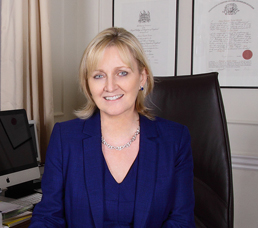Shoulder pain can be indicative of a more serious condition or it can simply be a one off experience. Treatment for shoulder pain varies dependent on the condition and the type of pain. Some treatment options can simply be carried out at home but in other instances you may need a specialist.
If you suffer from shoulder pain for longer than a week or so or the pain is intolerable, you should certainly speak to a doctor ASAP. Your GP may refer you on to a specialist such as consultant rheumatologist or an orthopaedic specialist to continue your treatment. Conditions and symptoms such as a frozen shoulder, a rotator cuff tear or instability in shoulder as a relatively young person can indicate a longer term condition.
Treating Shoulder Pain
There are a range of different ways to treat shoulder pain. The most simple and effective is to stop any activities which exacerbate the symptoms. This may mean you need to take some time to rest completely. Heat and cold therapy may also work, with the recommendation you apply your chosen heated or cool pack to the injured area for around 10 to 30 minutes. This can help soothe pain and reduce inflammation.
Painkillers are another option. You can of course begin with over the counter options if the pain is not too severe. If the severity increases or isn’t remedied by over the counter medication your doctor may prescribe a non-steroidal anti-inflammatory drug such as diclofenac or naproxen.
If you are suffering from frozen shoulder than steroid treatment is possible. This is usually given in the form of corticosteroid tablet. They can help to quickly bring down pain and swelling. You may also be offered injections into the shoulder joint if the pain is very severe. This sometimes happens when oral painkillers are not solving the problem.
Alongside drug treatment a doctor may recommend physiotherapy. This will focus on the shoulder joints and strengthen the muscles to relieve pressure on the joint. Massage therapy may also be recommended to manipulate the shoulder.
Surgery is not always necessary for shoulder complaints and for most people the shoulder pain will become manageable in time. However, if surgery is necessary you can liaise with specialists ready to ensure the best level of care throughout.



